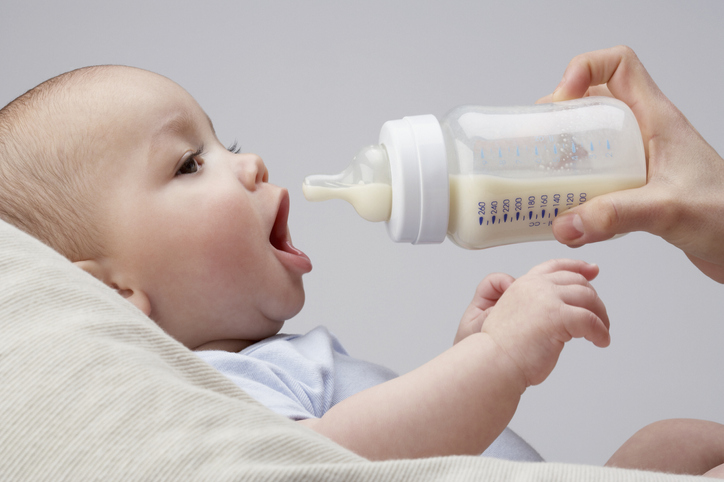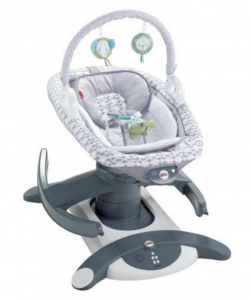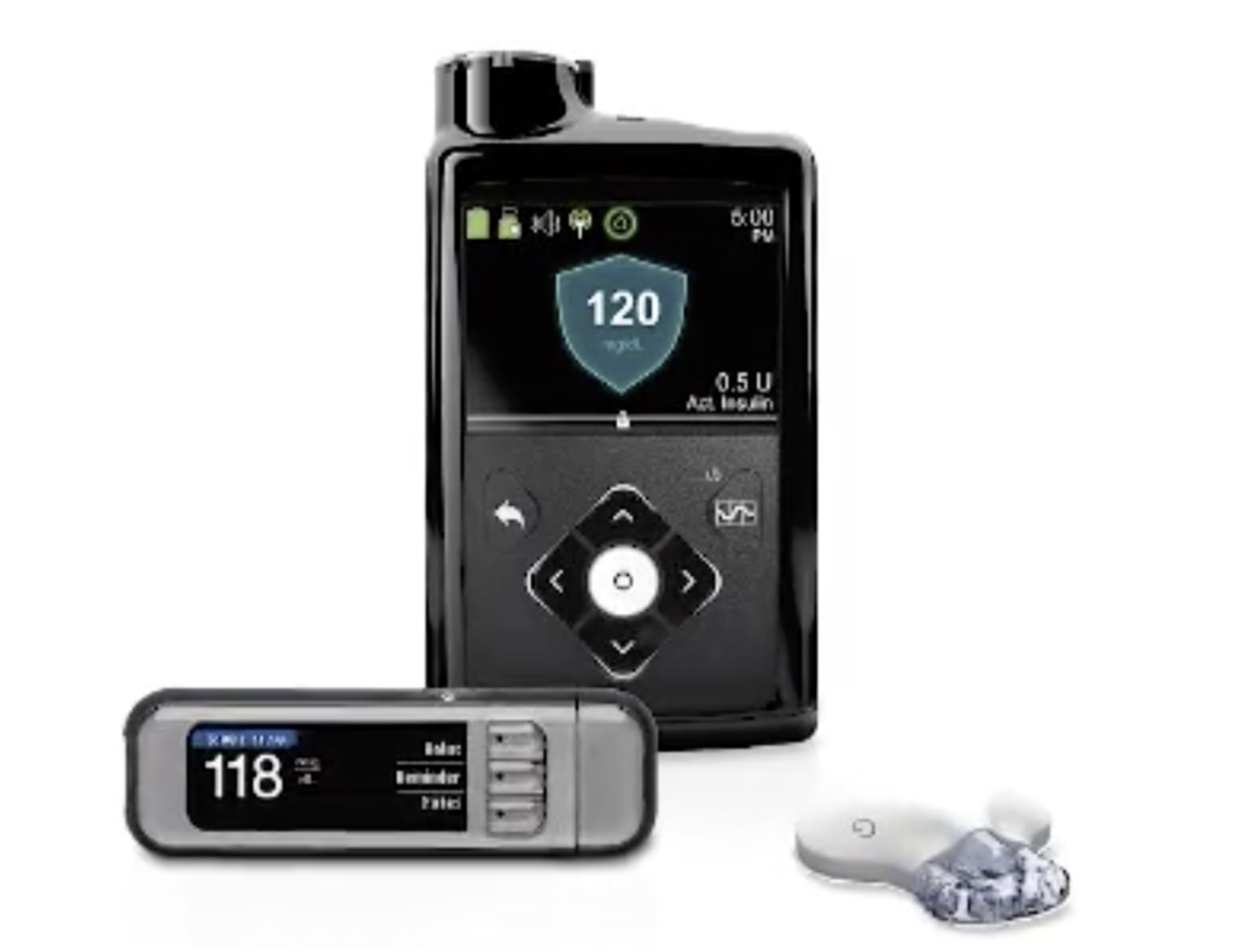
Necrotizing enterocolitis (NEC) is a horrible disease that can affect premature infants. The condition is gastrointestinal and causes inflammation and infections in the intestines that can lead to the intestinal cells dying. If the inflammation gets severe, it can create holes in the intestine, potentially leading to intestinal bacteria getting into the affected infant’s abdominal area or blood. If this happens, getting a severe illness or a deadly blood infection is, unfortunately, a possible outcome.
When a baby is born underweight or prematurely, they often need extra protein to strengthen their tiny bodies while they grow. The little one’s growth can be very challenging all on its own, which is why if the baby doesn’t breastfeed, the doctor or nurse may recommend using baby formula products. While this may seem like an entirely sound choice to make, unfortunately, this is not always the case. Studies have recently shown a link between premature infants developing NEC and baby formula.
Trusting companies who develop baby formulas can be so easy. After all, the reason they are developed is to help your infant get the proper nourishment they need for their healthy growth. But unfortunately, some companies fail to warn parents of the risks their product could have on their infants. Popular baby formula brands like Similac and Enfamil did not properly warn parents that using their products could increase their infants’ risk of getting NEC. When manufacturers fail to warn consumers about their products’ potential dangers, it becomes a serious issue.
 Texas Injury Lawyers Blog
Texas Injury Lawyers Blog






 Various state and federal agencies regulate the safety of infant and baby products. While these agencies possess the power to administer and enforce federal safety laws, many dangerous products continue to make their way into the consumer stream. Every year infants and children in Texas experience exposure to dangerous and potentially life-threatening products. When this occurs, family members should consider filing a Texas product liability claim against the defective product’s manufacturer or retailer.
Various state and federal agencies regulate the safety of infant and baby products. While these agencies possess the power to administer and enforce federal safety laws, many dangerous products continue to make their way into the consumer stream. Every year infants and children in Texas experience exposure to dangerous and potentially life-threatening products. When this occurs, family members should consider filing a Texas product liability claim against the defective product’s manufacturer or retailer. The Supreme Court of Texas issued a
The Supreme Court of Texas issued a 